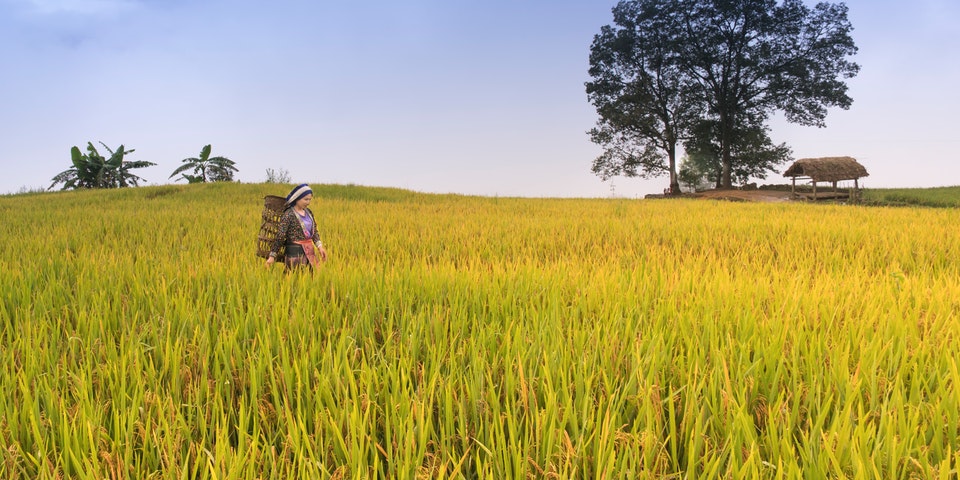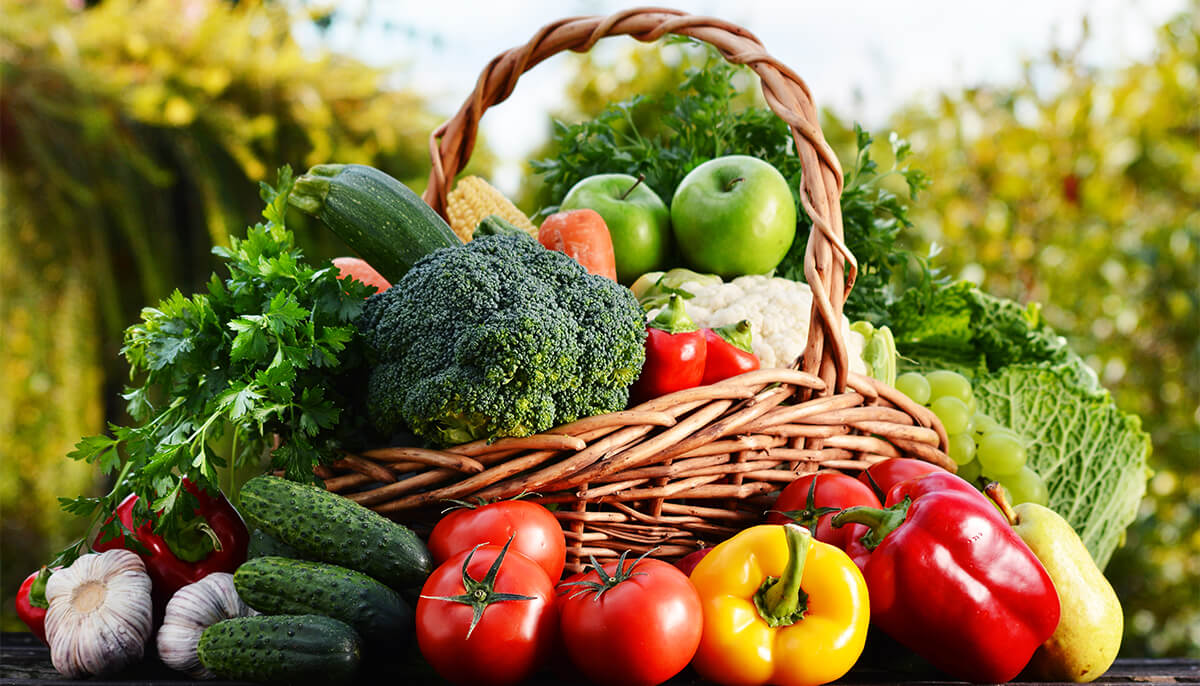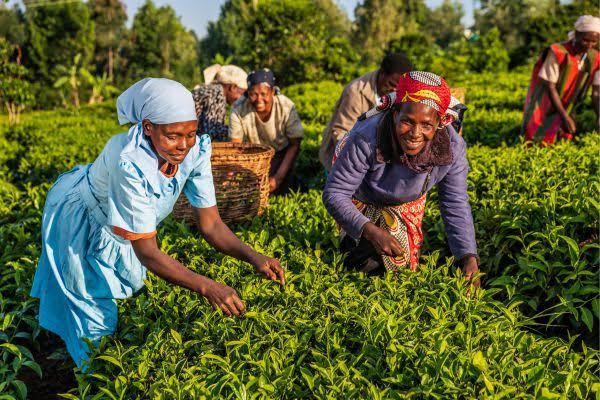There seems to be no end to the concerns of Srini, a young planter who has recently started growing Arabica and Robusta plants at his small estate in Chikmangalur, Karnataka, one of the most important coffee destinations in India. His problems seem to be endless: delayed rains, heavy rains, increasing pollution, and increased temperature this year, and finally, floods. There has been a drop in the yield over the years and a complete washout because of this year’s floods. Srini is one of the several farmers worried about the sustainability of his estate.
India produces more than 300,000 tonnes of coffee with Karnataka contributing to 85% of this produce. Coffee in India has a rich history of 300 years, offering livelihood to more than 15 lakh families. India grows mainly Robustas (70%) with Arabica accounting for the rest. However, the real worry has been declining yield by 20% over the years and depleting margins for the farmers.
Coffee is one of the most valuable commodities on earth in terms of utility and commercial value. Challenges of yield and margins are not just specific to India, they are global concerns. With very high utility and commercial value, the coffee business is well leveraged, spread across the world and prides itself on being a robust ecosystem. However, decreasing yields and depleting margins can affect the community as a whole. The challenges don’t just affect farmers, but the entire community. Lower yields mean reduced availability of coffee, increasing costs and shrinking margins, resulting in job losses in the industry.
Arabica coffee is sensitive to even slight fluctuations in temperature, humidity and sunlight. Both coffee yield and plants, when the temperature grows beyond 23-30 degrees Celsius, are threatened. Robusta is slightly more resistant to higher temperatures but can get badly affected when the temperature falls below 15 degrees C or when there’s no adequate rain.
Coffee plantations are natural ecosystems that won’t contribute to environmental degradation. These plantations help the environment by attracting increased numbers of animal and bird species, carbon sequestration, by preventing soil erosion, by holding the soil, by improving pollination.
The coffee plant is shade-grown crop, which flourishes in its natural habitat and environment. The ideal conditions include natural shade, 2-4 months of dry season and around 70 inches of rain through the year.
Over time, coffee plantations, in fact, have fallen victims to environmental degradation. In the last 10 years, the international prices of coffee have increased by over 25%. While this is bad news for consumers, the cost of cultivation has increased by 250% as well. This depletes the margin for coffee plantations. Reduced margins force lack of investment in infrastructure, thus initiating a downward spiral. With small growers constituting 98% of the growers, all this only adds to cash flow issues of the farmers threatening the whole industry.
A close look at the problem brings up these reasons for the degrading of the ecosystem and reducing yields of coffee. Firstly, the loss of forest cover has taken a toll. Reduced rainfall and depleting irrigation sources, and man-animal conflict (for example, wildlife straying into estates) have also contributed to the crisis. The loss of their natural habitat has caused a decline in the bee population near coffee plantations, and bees are extremely critical for pollination. The general effects of climate change should also be considered: how rising temperatures have caused droughts and floods in many of the coffee-rich regions.
Besides all this, the global rainfall volumes have been increasing (maximum daily rainfall is rising by 0.3% per annum, mainly due to the burning of oil and gas, and deforestation), but not in a predictable manner. Few regions receive too much rain, causing not just crop loss, but more serious problems like soil erosion and landslides. The effect can be better understood from the fact that nearly 50% of the regions that grow coffee today can become barren lands in the next 30 years because of climate change.
Further, it should be noted that when rainfall is abundant throughout the year, or when there is no dry period, coffee yields are still lower than usual as flower buds require 2-4 months of dry season. Another notable point is that when rainfall is more than 10% above average, widespread floods occur, and when rainfall is more than 10% below average, droughts occur.
Unlike many industries, the coffee industry has been far more proactive in its efforts to address these challenges. But more must be done to support the industry. Solutions include promoting “coffee tourism” to supplement poor plantation incomes. To help the farmers grow other commercial crops, which again are subject to the same challenges as coffee. And to increase planters’ profitability by helping them to sell processed beans of world-class quality instead of raw cherry.
Source - https://www.sundayguardianlive.com












